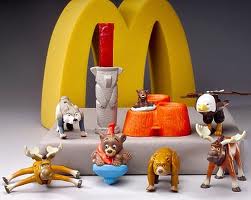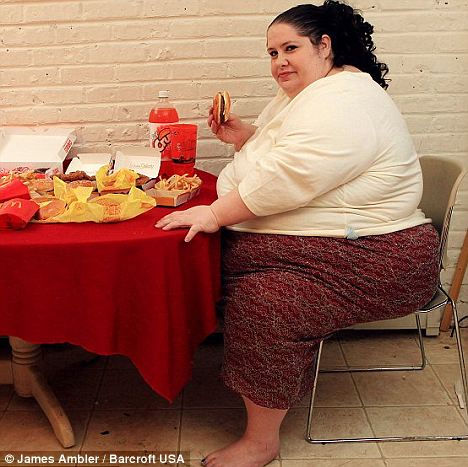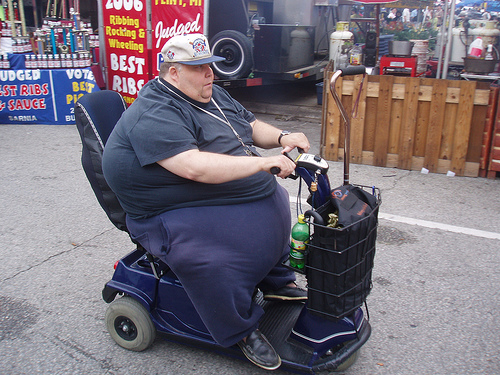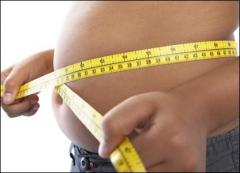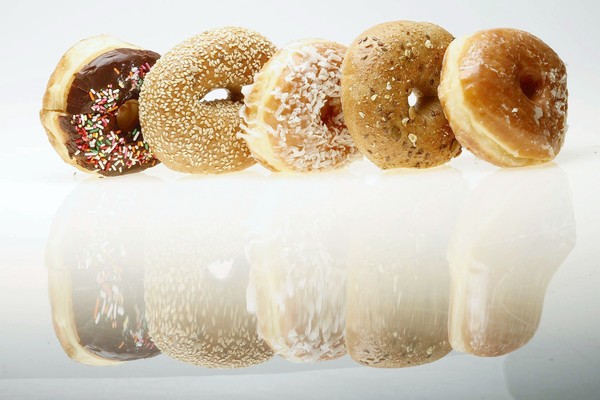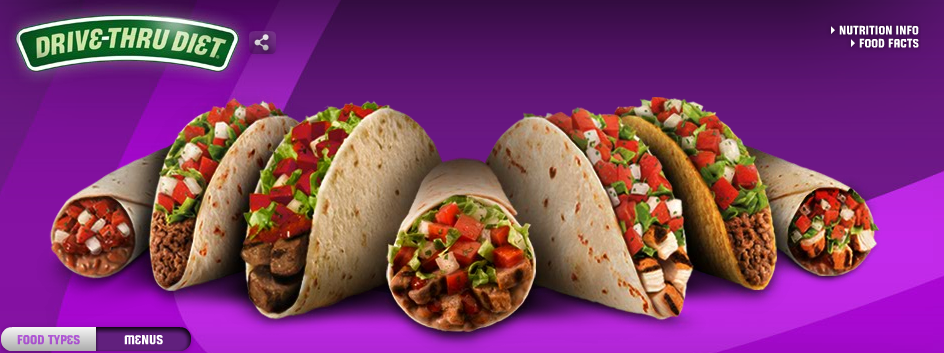McDonald’s is being sued by a group of consumers and nutrition advocates who want to force the fast food chain to stop using toys to entice children to buy meals they say are unhealthy.
The Center for Science in the Public Interest, which filed the class action suit in a California court Wednesday, claims that McDonald’s violates the state’s consumer protection laws by using toys to market Happy Meals to young children.
The suit was brought on behalf of Monet Parham, a mother of two in Sacramento, and other plaintiffs, the CSPI said. “I object to the fact that McDonald’s is getting into my kids’ heads without my permission and actually changing what my kids want to eat,” Parham said in a statement.
CSPI threatened to sue McDonald’s in June, but the company refused to discuss ways to avoid a law suit, the group said.
McDonald’s pledged to fight the suit in a statement.
“We are proud of our Happy Meals and intend to vigorously defend our brand, our reputation and our food,” said company spokesperson Bridget Coffing. “We are confident that parents understand and appreciate that Happy Meals are a fun treat, with quality, right-sized food choices for their children that can fit into a balanced diet.”
McDonald’s hit with class action over toys – Dec. 15, 2010
